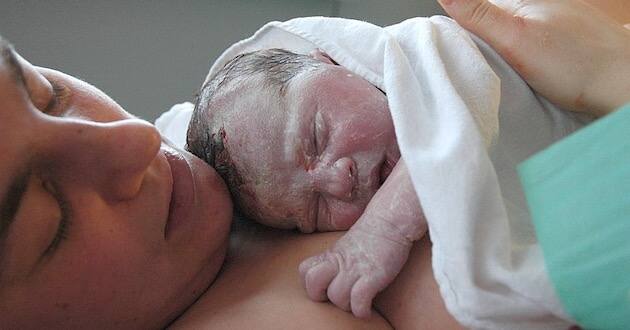Overturning of Roe has increased number of maternity homes

The number of maternity homes nationwide has grown in the two years since the Supreme Court overturned Roe v. Wade and the federal right to abortion.
Many pro-choice officials have wrongly criticized the church as not doing enough to help women and children, when in fact, just the opposite has been true.
“It’s been a significant increase,” Valerie Harkins, director of the Maternity Housing Coalition, a nonprofit pro-life network of 195 maternity homes says.
There now are more than 450 maternity homes in the United States, according to Harkins, and many of them are faith based. As abortion restrictions increase, prolife advocates want to open more of these transitional housing facilities, which often have long waitlists. It’s part of what they see as the next step in preventing abortions and providing long-term support for low-income pregnant women and mothers.
“This is what supports the women in following through on their yes to carry that pregnancy to term, whether that’s a yes that they chose or maybe they felt like they didn’t have a choice,” Harkins told Religion News Service.
The reasons for the surge in interest in maternity homes are complex and go beyond saving an unborn child’s life. Harkins said unaffordable housing, paychecks cut by inflation and higher birthrates in some states have all contributed. “It created a perfect storm,” she said. “There’s quite a need.”
The number of domestic infant adoptions has fallen sharply since the 1970s. When abortion is not an option, women in one study overwhelmingly chose parenthood (91 percent) over adoption (9 percent), according to a 2016 analysis from researchers at the University of California San Francisco.
As the stigma of single parenthood has waned, most residents in modern maternity homes choose to keep their children. Where maternity home residents once were largely middle class, now poverty is a driving factor: Mothers are there to receive housing and financial support during and after their pregnancies, sometimes for years after giving birth.
There now are maternity homes that specialize in keeping children out of the foster care system. Others have honed their expertise in addiction recovery. And while many will help with adoptions, some continue to prioritize them and have ties to adoption agencies, which can still result in painful outcomes.
Across the country, maternity homes are sprouting up or expanding. The vast majority of the homes are funded by Christians.
In Nebraska, an old college campus is becoming maternity housing. In Arizona, a home has added to one property and opened another. In Georgia, lawmakers recently made it easier to open new maternity homes with fewer state regulations.
–Dwight Widaman | Metro Voice






